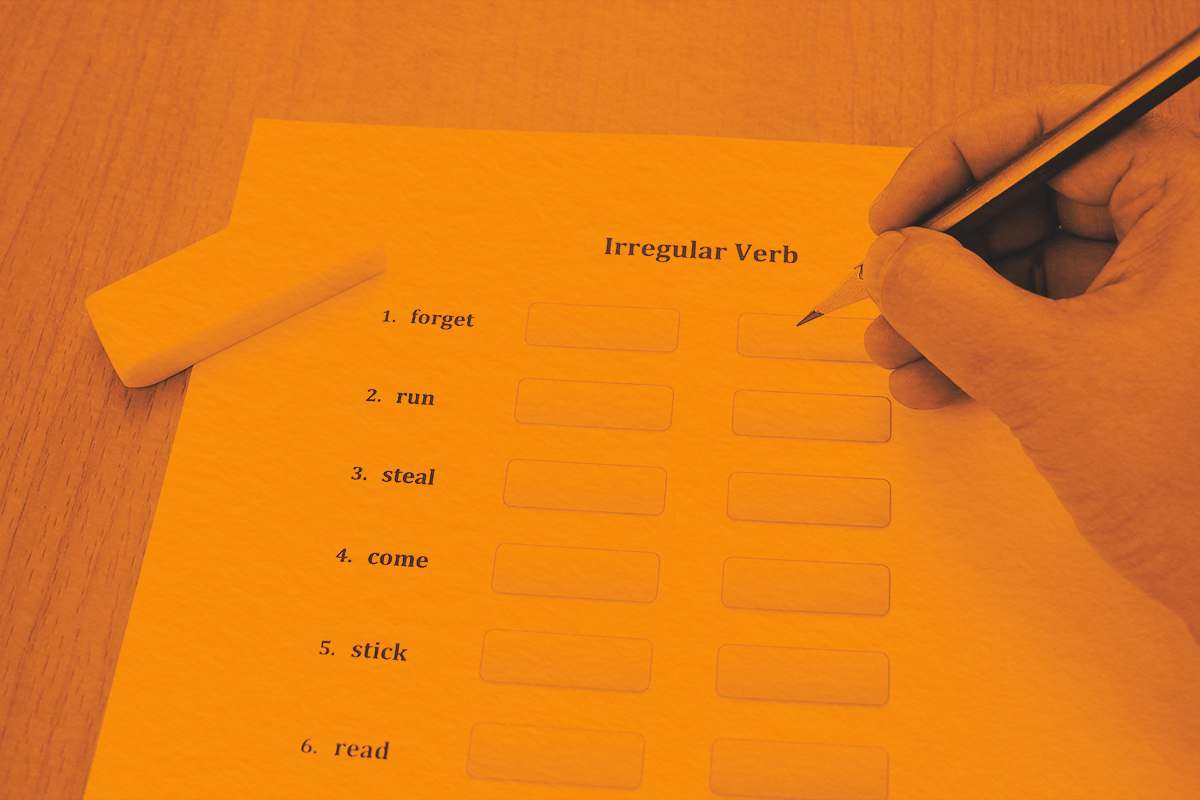
“Would’ve, could’ve, should’ve” — this regretful refrain reflects on past actions, choices, or opportunities, suggesting that someone would have, could have, or should have done something differently. We love to use contractions in English, especially in casual conversation, which is why the expression is styled as such. However, the regular use of “should’ve” to represent “should have” has resulted in one of the most common and unfortunate grammar gaffes in the English language: “should of.”
We’ve all heard or seen it in action: “I should of called sooner” or “They should of known better.” This pairing — “should of” — is never correct, so how did this unwelcome imposter become so widespread? Grammarians believe it comes down to the pronunciation of the contraction “should’ve,” which sounds nearly identical to “should of,” causing this slip-up to become a permanent fixture in colloquial conversation. The mistake is often imperceptible in spoken conversation and is better caught in writing. Merriam-Webster dates the usage of the contraction “should’ve” to the mid-19th century, suggesting that “should of” has likely been around just as long. Its counterparts, “would of” and “could of,” are similarly confused and are also incorrect.
So, why is “should of” deemed incorrect? It boils down to grammar rules and the appropriate sentence structure of English verbs. Verb phrases are made of one or more auxiliary verbs and a main verb. “Would,” “could,” and “should” are auxiliary verbs — also called “helping verbs” — and they require another auxiliary verb or a main verb (or both) to follow them in order to form a correct verb phrase. “Have” can function as an auxiliary verb, but “of” cannot — it is a preposition. Consider the example “I would have called sooner,” which includes the correct verb phrase “would have called” — no “of” here.
Interestingly, The Merriam-Webster entry for “of” lists it as a preposition (and rightfully so), but has added another part of speech: auxiliary verb. Does that mean “should of, would of, could of” IS correct? Not so fast. It’s listed as a nonstandard version of “have” and defined as being “used in place of the contraction ‘ve often in representations of uneducated speech.”
Dictionaries record the ways people use language, but they don’t dictate the rules of grammar. On this point we’ll remain grammar sticklers and say “should’ve” should always be used instead of “should of.”

















